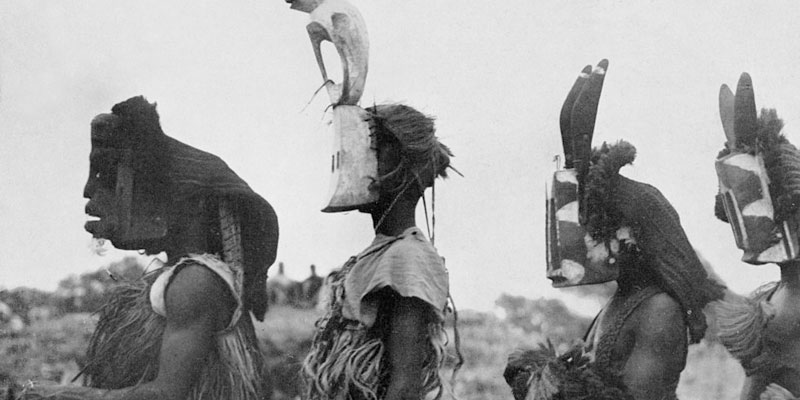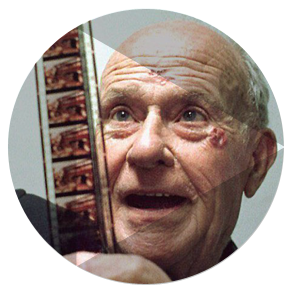Exhibition.07

The descent of the river Niger
It all began in 1946. Jean Rouch left with his two friends Jean Sauvy and Pierre Ponty to carry out a descent of the river Niger by canoe from the source to the Gulf of Guinea, over 4,200 kilometers. The journey lasted about nine months and Rouch filmed the landscapes, the savannah, the river, the people ... The ethnologist filmmaker never ceased to marvel at the intricacies of this complex and mysterious river that had a real fascination for him. Rouch takes us on a journey to the center of the mysteries of the peoples of the Niger basin. To the magical villagers of the village of Wanzerbe, to the Sorko fishermen of the Middle Niger, the Songhay and their worshiping of water, or the Dogons in Mali who celebrate the worship of the dead and celebrate the invention of the word. Societies about which will bring, through a hundred films and thousands of photographs, a distant, yet profound and respectful look at their cultural and ethnic identities.
- Date: 01 August / 31 August 2018
- Location: Casa da Cultura

